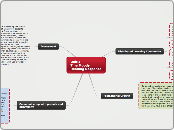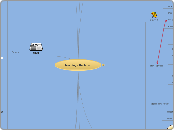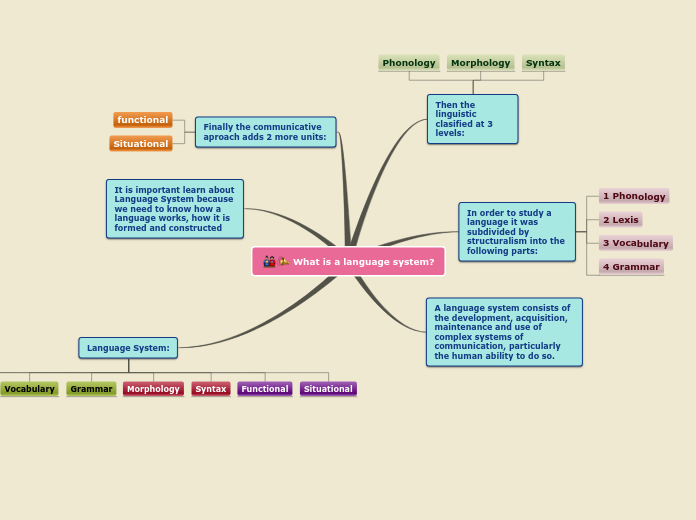av Tina Moody 12 år siden
263
Moody_reading_response_unit_5
Effective teaching relies on thorough assessment, which can be both informal and formal. Formal assessments involve a structured process of identifying outcomes, developing rubrics, using anchor papers, scoring student work, and revising as necessary.









